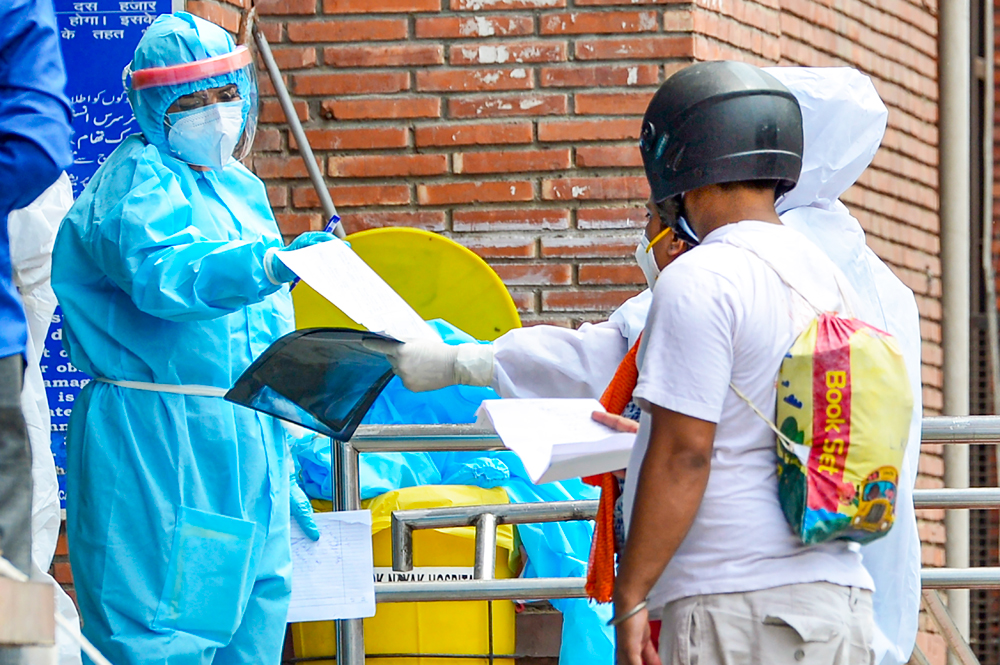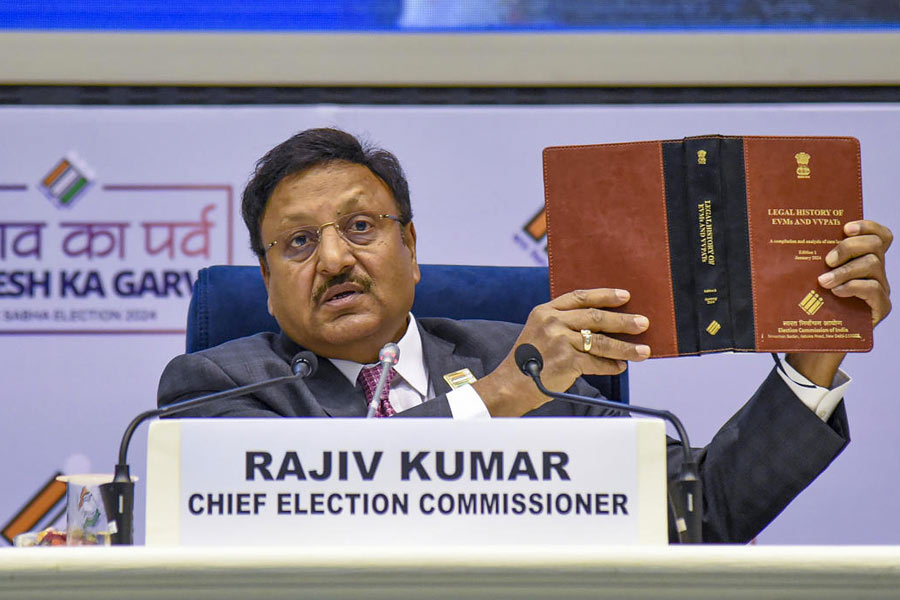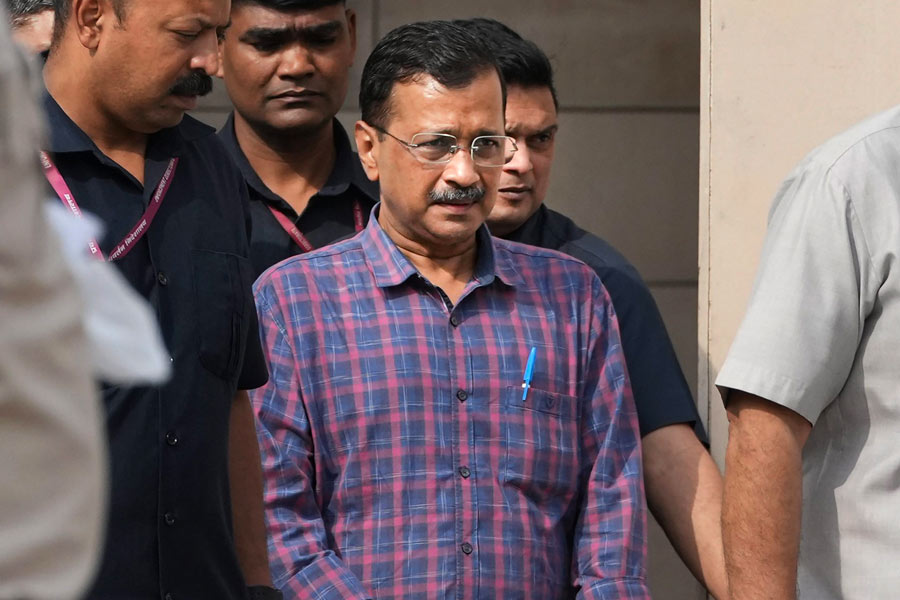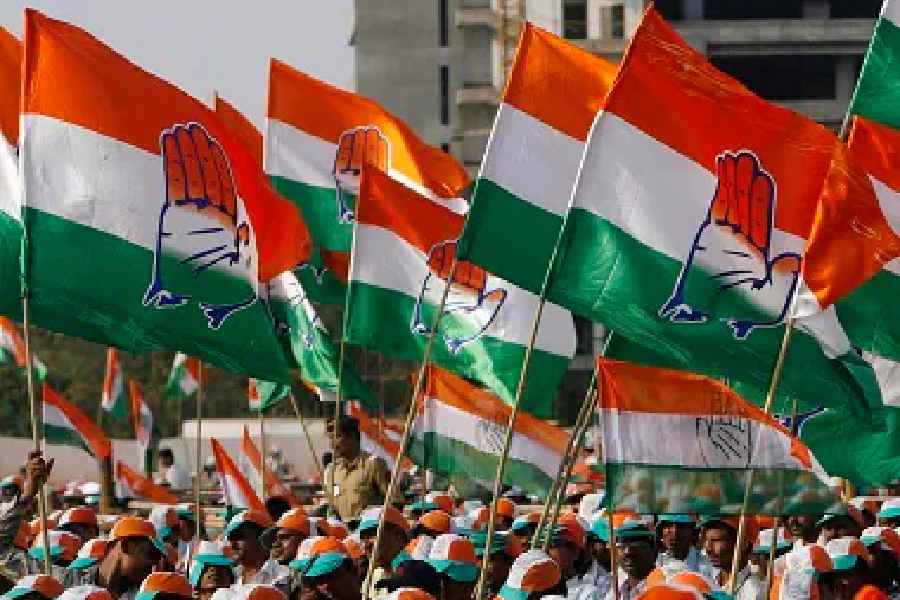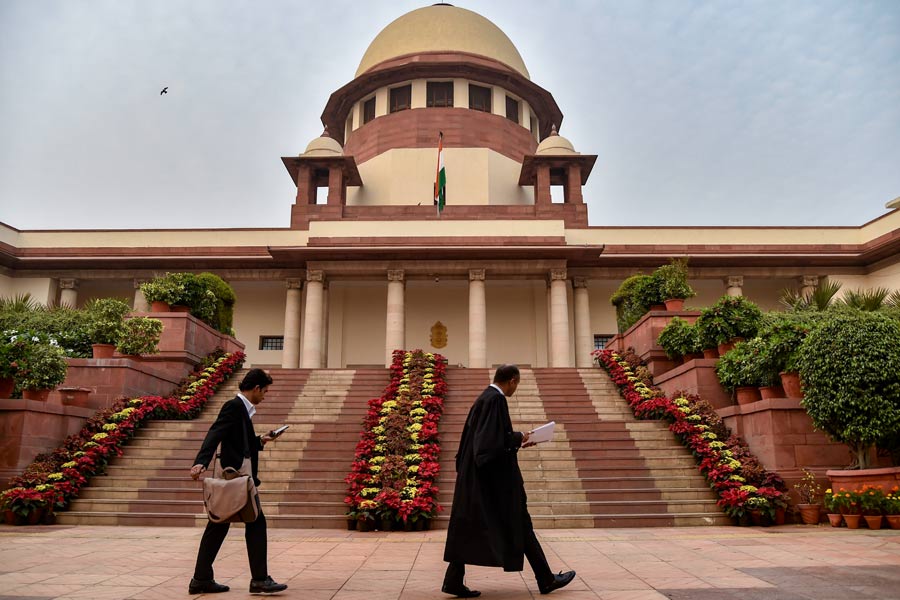India’s health research agency has released a rulebook for doctors to appropriately record the cause of death among patients with the new coronavirus disease to avoid ambiguous terminology and facilitate analyses on how Covid-19 is killing patients in the country.
The guidance document from the National Centre for Disease Informatics and Research, a unit of the Indian Council of Medical Research, has pointed out that standardised recording of clinical disease and cause of death could enable analyses of patterns of Covid-19 death.
It instructs doctors on the circumstances in which they can code patients’ deaths as confirmed Covid-19, clinically-epidemiologically diagnosed Covid-19, suspected Covid-19 or probable Covid-19, depending on their symptoms and test results and relying on World Health Organisation codes.
The document has asked doctors to avoid citing the mode of dying as the cause of death, asserting that the mode of dying may not specifically be related to the disease process.
It says doctors should not use terminology such as: respiratory arrest, cardiac arrest, brain failure, heart attack, liver failure, kidney failure, cardio-respiratory failure or multi-organ failure.
Although around 80 per cent of Covid-19 patients have only mild symptoms that do not require any hospitalisation, disease patterns worldwide suggest that around 5 per cent of patients need intensive care or significant hospital interventions.
“Some doctors might record only the mode of dying — such as cardiac arrest or respiratory failure,” said Shikha Panwar, a critical care medicine specialist at Sarvodaya Hospital in Faridabad (Haryana).
“This is not helpful — standardised death recording will help us classify and analyse Covid-19 deaths properly.”
In patients who develop serious disease, the coronavirus infection can cause pneumonia, acute respiratory distress, blood-clotting disorders or multi-organ failure. The ICMR guidance document urges doctors to record these complications.
“We know the primary site of injury is the lung — but what exactly causes deaths of individual patients when analysed in large numbers could guide future clinical decisions,” said Sumit Ray, the head of critical care medicine at Artemis Hospital, Gurgaon (Haryana).
As reported by The Telegraph last week, multiple critical care specialists in India have expressed concern about the absence of any effort by government agencies to collate clinical data relating to severe Covid-19 patients and deaths that could potentially guide treatment decisions.
Although the ICMR’s initiative for standardised death recording does not require significant clinical details and interventions on individual patients, doctors say, the death records by themselves too could help analyse patterns of Covid-19 deaths in India.
“Patterns can emerge when we study large numbers of patients,” Ray said.
He cited the example of an early Chinese study that had analysed the clinical details of several hundred patients and determined that a significant proportion of severe patients suffer from clotting-related problems.
That knowledge, Ray said, has altered clinical management with doctors monitoring clotting-related proteins and intervening with appropriate drugs.

